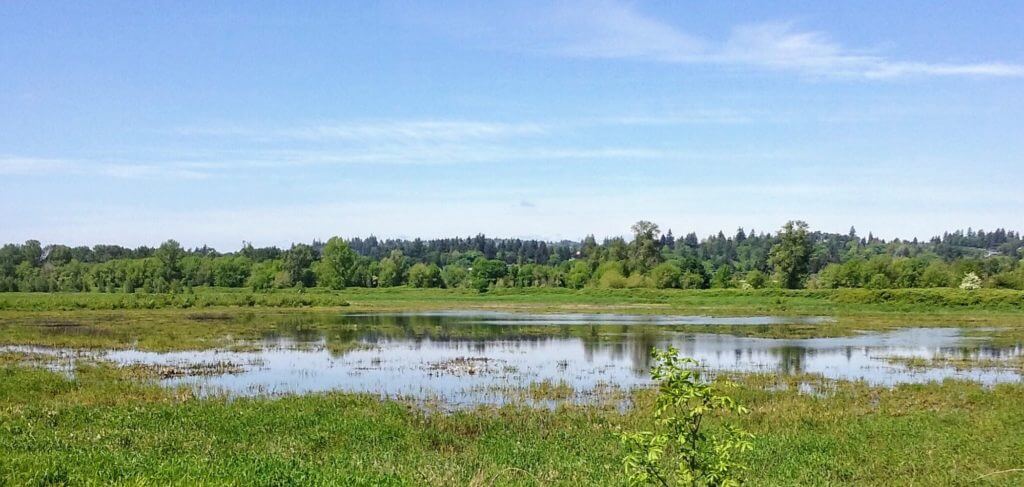by WaterWatch of Oregon Staff | 5 Aug 2019 | Bend Source Weekly
On Sunday, Oregon Gov. Kate Brown issued a press release that House Bill 2437 is one of the bills that she may veto before Aug. 9.
WaterWatch of Oregon is urging the Governor to indeed veto this bill. We also want to use this opportunity to clarify details surrounding it muddied by debate and those who support it, including The Bulletin‘s editorial board.
The bill, which passed out of the House and Senate and currently sits on the Governor’s desk, has been touted as an agricultural channel maintenance bill that will streamline the existing process of unclogging ditches. In actuality, it could have widespread negative effects on Oregon’s invaluable rivers, streams and wetlands. This is why 23 conservation groups opposed HB 2437. Not a single conservation group testified in support of it.
HB 2437 is not limited to man-made irrigation ditches as those championing it have implied. The bill allows removal of up to 3,000 cubic yards of material from both intermittent and perennial streams without obtaining a removal fill permit. This is a 5,900% increase over current law, which provides an exemption from permitting for the removal of up to 50 cubic yards of material.
HB 2437 is not limited to dry streams as some have asserted, but also impacts wet streams. Specifically, HB 2437 greatly expands the current removal fill provisions for general permits on wet streams, including streams that provide essential salmonid habitat, without providing for any removal fill cap whatsoever.
As to the effects on wetlands, some have declared that sediment removed from channels cannot be spread in a wetland or converted wetland. Not so. Section 5(1)(b) allows the placement of up to 3,000 cubic yards of material removed during maintenance onto wetlands for up to one year. This undermines decades of work to restore Oregon’s wetlands and the benefits they provide—fish and wildlife habitat, clean water and natural water storage that is often used by people
WaterWatch is also concerned that this bill does not allow for public notice and comment. The bill eliminates notice requirements for many state agencies, all federal natural resource agencies, tribes, county governments, and even adjacent landowners, all of whom currently get notice for projects over the 50 cubic yard exemption limit. The waters of this state belong to all citizens of Oregon, but HB 2437 cuts out citizen review and critical agency oversight for projects that could potentially destroy some of our state’s most treasured resources.
Other proponents of the bill have stated that the current 50 cubic yard exemption is actually a limit to what farmers can get removal permits for. Under current law, there is no limit whatsoever on what farmers can remove from ditches; they simply have to get a removal fill permit. Some might not want to get permits, or pay fees, but this is not reason enough to put Oregon’s wetlands, rivers and streams at risk.
The majority of Oregon’s wetlands have already been lost to human development. And our state’s freshwater resources are already under enormous pressure due to accelerating climate change. Oregon should be passing laws to protect ecologically and economically valuable wetlands and streams, not fast tracking their destruction. Gov. Brown should veto HB 2437. Respectfully,
— WaterWatch of Oregon

